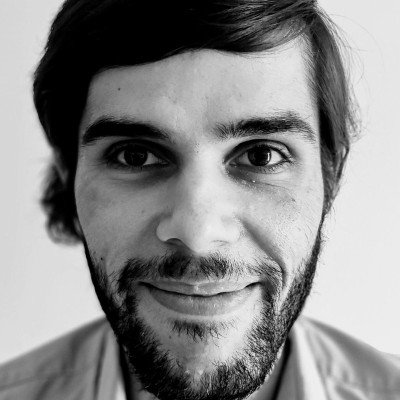Silicon Valley and Mozilla (or The Story of How I started Using Firefox Again)
My blog writing continues being as sporadic as sporadic can be, and it kind of saddens me because writing still is very much a passion for me.
This time I come to you, my readers, with an exciting trip I recently took to Silicon Valley with a group of entrepreneurs from Delft’s University of Technology. In this trip I had the opportunity of meeting many different interesting people from all walks of life. People with different life experiences that ranged from an ex-con to people who had successfully started their own tech company. Amongst all these people, there was one that really stood out for me, and that was Pascal Finette who you might or not know. Pascal is something at Mozilla. To be frank, I didn’t actually get what’s his official position but in the grand scheme of things, it didn’t really matter. As a matter of fact, I think that’s part of the take home message from the presentation Pascal gave us. What you do matters much more than what you say.
In many ways, Pascal’s talk was inspiring. Somehow I had this prejudice that Mozilla (and Firefox, more specifically) was a dying brand/company, but this view changed as soon as I stepped into their offices in Silicon Valley and started hearing about their core values. Many a times we hear the cliche “there’s no free lunch”, but if there is such a thing as free lunch, then that’s what Mozilla is doing for us and they’re doing it for the sake of it. Truly for free. Looking at what Mozilla does from a truly objective perspective, it kinda feels like Mozilla is the Mother Theresa of the software world. And don’t take me wrong, there are many such companies out there, but Mozilla in particular inspires me for how they defined their core values and for how they juggle so well their position as a company that needs to be kept financially afloat and as an ultimately open-source organization which relies (as far as I understand) solely on no one but themselves and a bunch of people who contribute with labor and money.
I’m an open-source advocate, but that doesn’t mean I’m an open-source monkey. I’m that kind of guy who knows the value of open-source but not the kind of guy who uses open-source exclusively just because it’s open and free. Open-source is great and many open-source projects stand shoulder to shoulder with their paid counterparts but for many things still, the paid alternatives are just better. Being a contributor to open-source myself I’m able to see the value in it while at the same time realizing that sometimes, you just have to pay to have software that makes your life easier (e.g. give me Photoshop over Gimp, anytime).
There’s also a long standing “joke” in the open-source world, in that most non-tech people actually don’t know what’s open-source. They don’t know the difference between free and “libre” (“libre”, being a Spanish word for the other kind of free which seemingly the English language cannot describe, became famous for its inclusion in the name LibreOffice – a branch of OpenOffice that’s, well, truly open, free and libre). Naturally, many people would describe Chrome as free, or Facebook even. What they don’t know is that whenever they use either of these products, they are paying with one of their most precious possessions: their privacy.
I don’t want to get into legal trouble here, and for the most part I like to think of Google as mostly benevolent (but a corporation nonetheless). However, if you truly want to stick it to the man and use something that is pure free and no strings attached to any corporation that makes money off you, go Mozilla; go Firefox. The browser is not worse than Chrome, and this is the story of how they conquered me back. Through one talk by Pascal Finette.

Comments